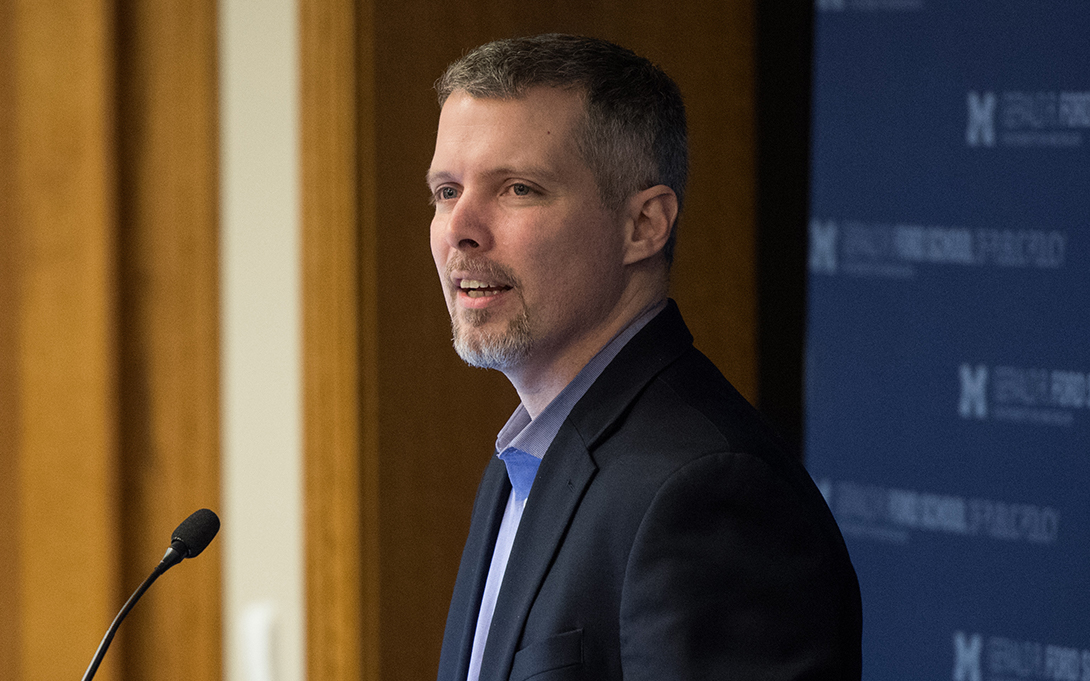
Since Michigan’s Unemployment Agency switched to an automated system in 2013, more than 20,000 people have been falsely accused of unemployment fraud, writes Jack Lessenberry in his January 13 article for The Blade: “Michigan’s actions snapshot of society’s attitude toward poor.” The agency later realized the software was operating at a 93 percent error rate.
“The government seized assets, garnished wages, made lives hell,” continues Lessenberry. Perhaps most shocking, he says, was “how long it took the state to act – and the mildness of the response.” For Lessenberry, the state's unsatisfactory response is characteristic of how our larger society treats people living in poverty.
“All this came as no surprise to Luke Shaefer,” Lessenberry writes. To Shaefer, who researches extreme poverty, those who are most in need are often overlooked by the rest of society. “The victims of this whole thing are working people who fell on hard times,” he tells Lessenberry. “Some are dealing with poverty. Some are trying to get back on their feet after finding another job. And the state comes in and erroneously claims they are frauds and owe back thousands of dollars.”
Lessenberry highlights Shaefer’s recent work on understanding extreme poverty, including his book, $2.00 a Day: Living on Almost Nothing in America, as well as his leadership of the new Poverty Solutions initiative at the University of Michigan. Efforts like this to increase support for the poor, Lessenberry argues, will eventually make everyone better off.
H. Luke Shaefer is an associate professor of social work and public policy and director of Poverty Solutions at the University of Michigan. His research focuses on the effectiveness of the United States social safety net in serving low-wage workers and economically disadvantaged families.